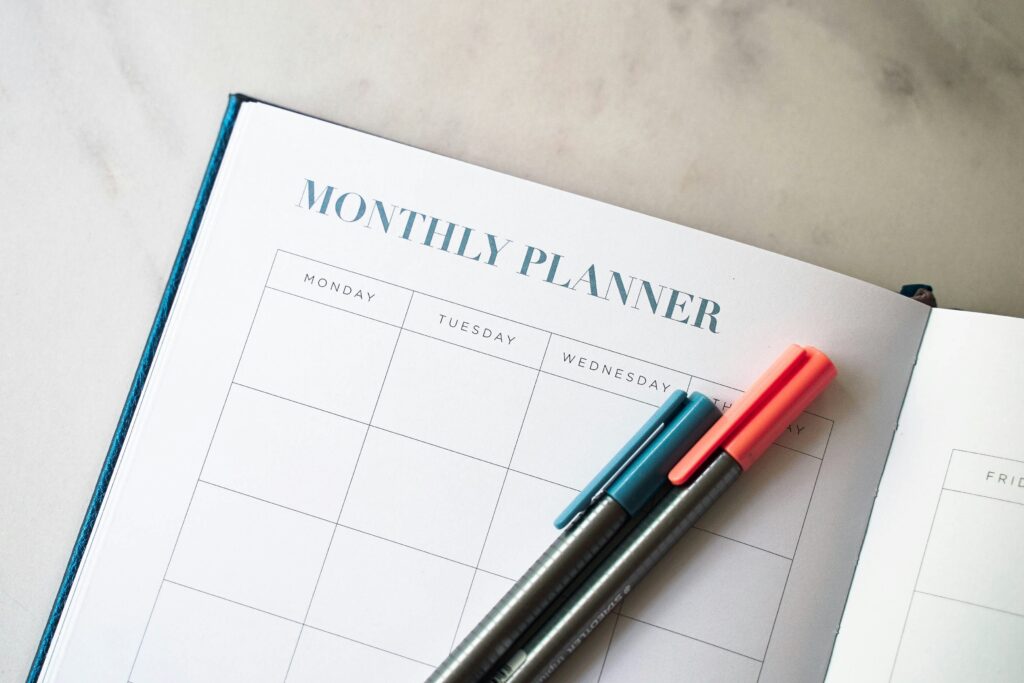
January is a great time to start fresh with your finances. At the beginning of each year, I review my financial goals and make necessary adjustments, like increasing my retirement and savings accounts. In addition, I review my bad outstanding debt, like credit card balances and college loans. With this refresh, the rest of my year runs smoothly. Using the following six steps, you can also have a financially prosperous year. Start small. Good luck!
1. Get a planner that will work best for you
Your planner should be personal to your needs. Some people prefer biweekly while others prefer monthly. Personally, I get paid twice a month so, I have two monthly budget sheets, and the titles reflect the 15th.and 30th. Don’t forget to have fun with it! If pink and blue polka dots is your favorite pattern, get a planner like that. You can also find beautiful worksheets on Etsy if you prefer an online option.
2. Write down all your bills
List your recurring bills from the small balances to the largest. Include all subscriptions, bills from eating out or home delivery, clothing, gasoline, transportation, etc. Every dollar that you use, should be accounted in your planner.
3. Total up your expenses per payroll check
This will give you a good idea if you live within your means. If your expenses are near or over your income, you might want to consider cutting back on non-essential costs.
4. Write down your ideal budget for each item
Based on the bills that you recorded in steps 2 and 3, determine what your ideal budget is for each category. Below are some examples of my budget items.
- Groceries
- Eating out
- Clothing allowance
- Beauty and self care
- Saving
- Emergency fund / Retirement
- Credit card
- College loan
- Car payment / Insurance
5. Start paying off your bad debt
Based on your budget, determine if you can pay extra money to reduce your debt quickly. If you must sacrifice eating out or purchasing clothes for a few months to decrease your credit card debt, it might be worth it. You can continue this process until all your bad debt is paid off. This process could take several months or years, but if this is a sacrifice you are willing to make, you’ll be financially free before you know it.
6. Financial challenges or goals
Create challenges for yourself. Challenges are great ways to discipline yourself and kickstart your progress. The amount you start with doesn’t matter. It matters that you start and stay consistent.
One excellent option is to eliminate your coffee runs. Drinking coffee from a shop is expensive but convenient. Challenge yourself to make your own coffee at home by purchasing a coffee maker, getting your favorite creamer, and using a reusable cup. Save that money and free up your finances in an age where one cup of coffee costs around $5.
You can also pick a no-spend month each quarter. Of course, you can still buy groceries and essential items, but you stop shopping for everything else. That doesn’t mean you overshop the month before or after. You will be cheating yourself, and this is all about controlling your spending and finances.
Check out my other post on decluttering your kitchen counters!
